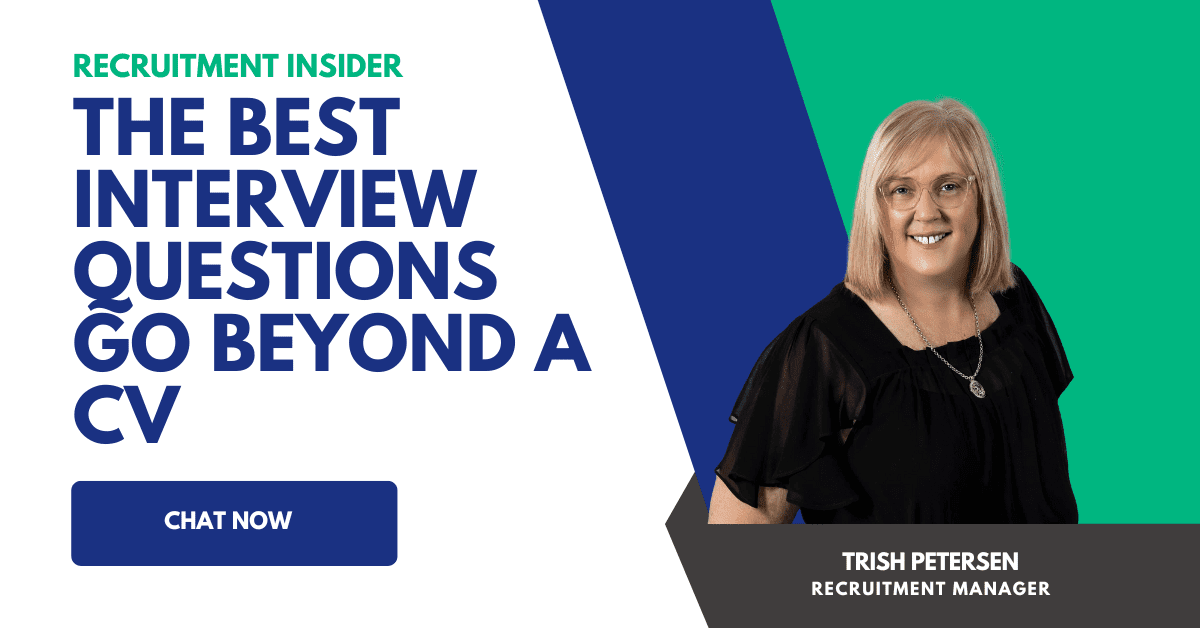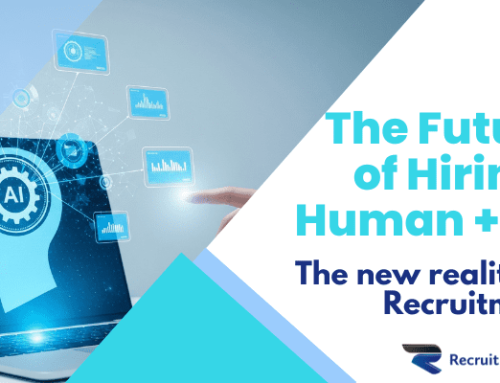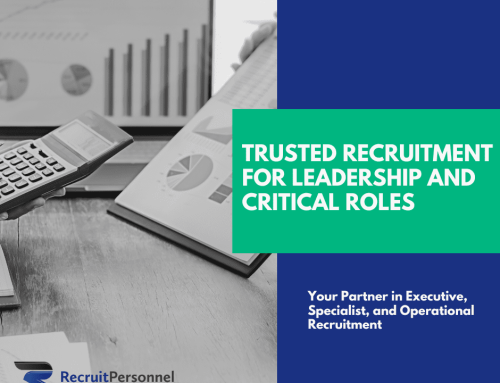The Best Interview Questions Go Beyond the CV. Here’s What You Need to Know
Intro: We’ve all seen resumes that look great on paper: polished, concise, and full of relevant experience. But here’s the truth—hiring isn’t about ticking off qualifications or experience boxes alone. The real challenge is ensuring that the person behind the CV can actually perform when it counts.
In 2025, it’s time to dig deeper. The best hires don’t just meet the requirements—they bring more to the table. So, how can you uncover this hidden potential during an interview? Let’s talk about the questions that matter most.
Why Resumes Aren’t Enough
Resumes are static documents, providing a snapshot of a candidate’s past. They tell you what they’ve done, but they don’t necessarily show how they think, solve problems, or adapt in real-life situations. That’s where interviews come in.
As the gatekeeper to your business’s success, you need to dig deeper than surface-level qualifications. Interview questions should be designed to assess more than just skills—they need to give you insight into how the candidate will contribute to your team and handle challenges.
The Key to Great Interview Questions: Specificity
Vague, open-ended questions like “Tell me about a time you showed leadership” are a missed opportunity. These questions might not give you the insight you need. Instead, ask questions that are specific to the role and provide clear examples of how a candidate will perform.
1. Ask Role-Specific Questions
To assess a candidate’s fit for a particular position, you need to ask questions that relate directly to the role. The more specific the question, the clearer the answer will be.
Example Questions:
- “Can you walk me through how you’ve handled a high-stakes project that needed immediate turnaround?”
- “Tell me about a time you had to solve a technical issue in real-time during a project. How did you approach it?”
These types of questions give candidates the chance to showcase the skills that matter most for the job you’re hiring for.
2. Test for Practical Skills
Whether you’re hiring a developer, a designer, or an operations manager, you need to test the practical skills they claim to have. Resumes might list tools, certifications, or software knowledge, but can they actually use them to get results?
Example Questions:
- For a forklift operator: “How many types of machinery have you operated? What specific loading or unloading tasks have you managed?”
- For a developer: “Can you walk me through a project where you used [specific programming language] to solve a challenge? What was your process?”
By testing for practical skills, you ensure the candidate isn’t just listing knowledge—they can back it up with real-world experience.
3. Dive Into Problem-Solving Abilities
It’s one thing to have the right qualifications on paper, but it’s another to know how to think critically and solve problems on the job. Assessing a candidate’s ability to work through challenges will give you a better understanding of how they will handle unforeseen issues at work.
Example Questions:
- “How did you handle a situation where a project was falling behind schedule? What was your strategy to get it back on track?”
- “Tell me about a time you had to make a tough decision with limited information. How did you handle it?”
Problem-solving skills are essential in today’s fast-paced work environment, and asking these types of questions will help you gauge how candidates approach complex situations.
4. Roleplay Real Challenges
Set up real-world scenarios during the interview to assess how a candidate would act in situations that are likely to come up in the role. It’s not about the “right” answer—it’s about seeing how they approach the problem and how quickly they adapt.
Example Scenario-Based Questions:
- “Imagine you are working on a critical client project and your team is behind schedule. How would you manage the team and communicate with the client?”
- “If you were faced with a client asking for a solution you know won’t work, how would you handle the conversation?”
This approach helps you assess a candidate’s creativity, adaptability, and how well they can think on their feet.
Why These Questions Matter
Asking role-specific, situational, and problem-solving questions gives you a clearer picture of a candidate’s capabilities and how they’ll perform in the role. By moving beyond the resume and focusing on real-world applications, you make better hiring decisions that benefit both your team and your business.
Additionally, these questions help you identify potential red flags. If a candidate struggles to provide examples or offers vague answers, it could signal a lack of experience or skill in the area. This approach helps you avoid hiring based on “perfect” resumes that don’t match up with the candidate’s actual capabilities.
Takeaway: Focus on What Really Matters
The best candidates don’t just talk about their qualifications—they demonstrate how they can make a difference through their skills, problem-solving abilities, and adaptability. By digging deeper in your interviews and asking the right questions, you can ensure your hiring decisions are based on performance, not just paper.
Want to hire smarter in 2025?
Start asking better questions. Challenge your candidates to demonstrate their value in real-world scenarios, and uncover the talent that will drive your business forward.
Ready to Improve Your Hiring Process?
We’d love to chat! If you need help refining your interview process or finding top-tier talent, reach out to us today, and let’s make sure you’re asking the right questions in 2025. We’re here to help you build a team that thrives.





